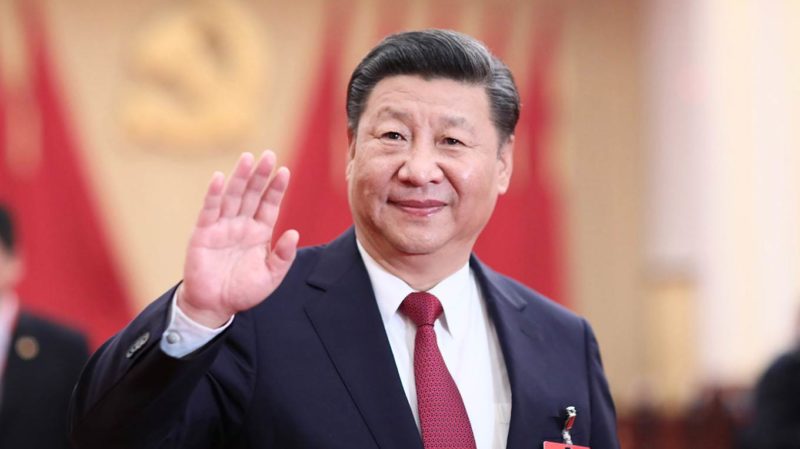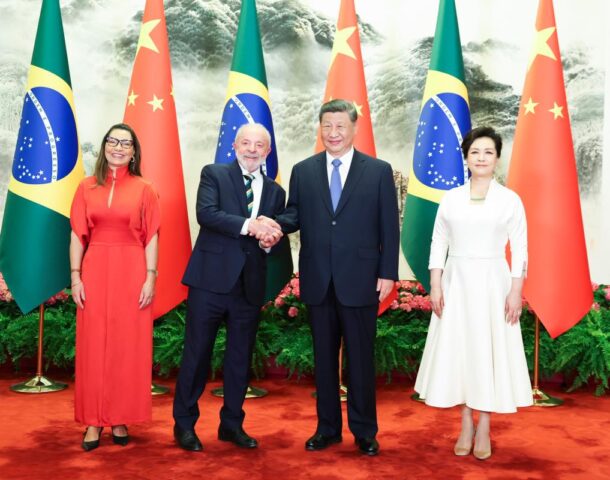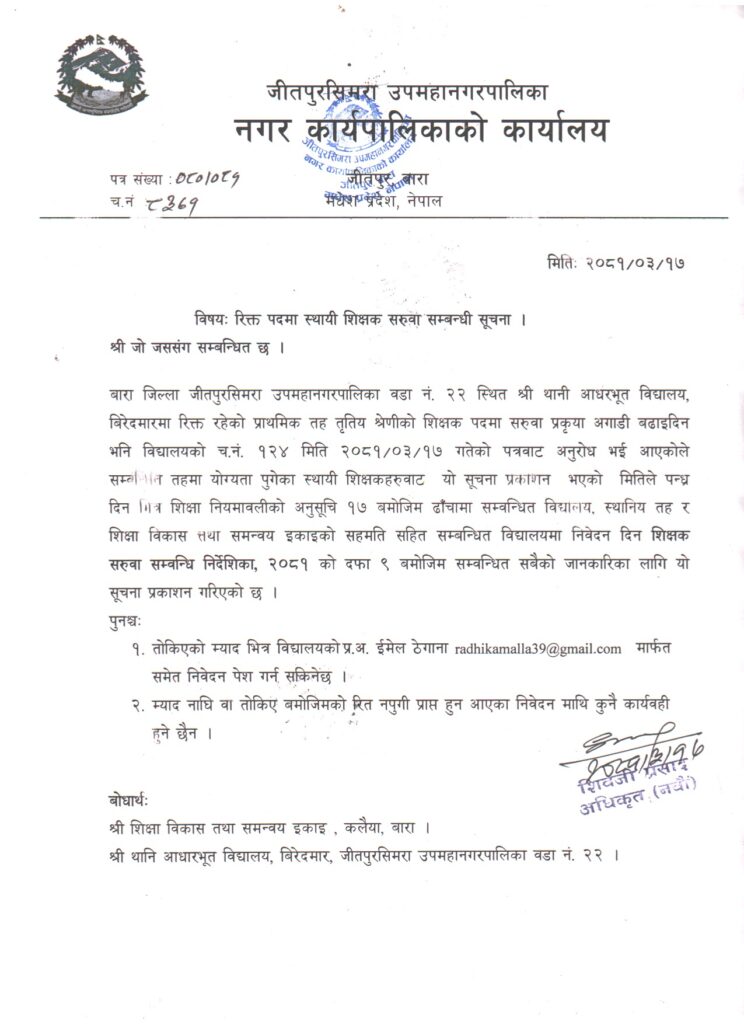
Xi’s Governance of China Volume IV gives global vision for new era
Mahendra Subedi
At the heart of President Xi’s vision, as articulated in Volume IV, are several core principles that guide China’s governance.
The Chinese Dream: President Xi Jinping’s “Chinese Dream” envisions a rejuvenated, prosperous, and powerful China that achieves national rejuvenation. It emphasizes the aspirations of the Chinese people for better living standards, cultural richness, and a stronger nation. Socialism with Chinese Characteristics: Xi emphasizes the importance of maintaining and developing socialism with unique Chinese characteristics. This means adapting Marxism to the Chinese context, promoting economic reform, and implementing a more inclusive and sustainable development model.

Belt and Road Initiative (BRI): The book underlines the significance of China’s global connectivity strategy, the BRI, as a pathway to economic development and global cooperation. This initiative seeks to promote infrastructure development, trade, and cultural exchange across the world.
Rule of Law: President Xi emphasizes the rule of law as a fundamental principle of governance. He stresses that no one, regardless of their status, is above the law and that it should be applied impartially. Environmental Protection: Sustainability and ecological preservation are central themes in Volume IV, reflecting China’s commitment to combating climate change and transitioning to a green and low-carbon economy.
The fourth volume of “Xi Jinping: The Governance of China” is a compilation of 109 pieces of spoken and written works of President Xi from early 2020 to May 2022. The book offers the international community deeper insights into the lives of the Chinese people under the CPC leadership, and explains China’s development modality. The book is forward looking and shares a wide range of philosophy, global perspective and international view of a communist leader for the shared future for the mankind.
The Governance of China Volume IV by President Xi Jinping is an essential addition to the global discourse on China’s governance, leadership, and its role in the international community. This comprehensive and insightful book, which is part of a series spanning several volumes, offers readers an in-depth look at President Xi’s philosophy, policies, and vision for China’s future. Published in 2019, the volume reflects the evolving narrative of the Chinese leadership and its pursuit of a “Chinese Dream.” This essay delves into the themes, key principles, and implications of Governance of China Volume IV, exploring how it shapes China’s political landscape and its place in the world.
Primarily, the book introduces the latest development of Xi Jinping Thought on Socialism with Chinese Characteristics for a New Era by shedding lights the role of the CPC and Chinese people in uplifting the nation from a bottom level to the zenith of the progress by surpassing all the stories of the rejection and hatred the country encountered mainly after the defeat in the opium war. Moreover, the book is an overview to get into China’s future and understanding China’s path, governance and philosophy.
The book provides insights into China’s economic development strategy. It highlights the importance of innovation, technological advancement, and entrepreneurship in fostering economic growth. President Xi emphasizes supply-side structural reforms to improve economic efficiency, enhance the role of the market in resource allocation, and reduce overcapacity in industries.
Xi’s commitment to eradicating poverty and improving the lives of the Chinese people is a recurring theme in Volume IV. The book outlines policies aimed at providing a social safety net, improving healthcare and education, and addressing disparities between urban and rural areas. Under his leadership, China has made significant progress in reducing poverty and enhancing social welfare.
Governance of China Volume IV discusses China’s approach to international relations and global governance. President Xi’s vision is characterized by a commitment to multilateralism, win-win cooperation, and a new type of international relations. The BRI, as a cornerstone of China’s foreign policy, seeks to foster global connectivity and shared development.

The role of the Communist Party of China (CPC) is central to President Xi’s vision for governance. The book underscores the importance of strengthening the Party’s leadership, upholding its purity, and maintaining its ability to adapt to changing circumstances. President Xi aims to enhance party discipline and combat corruption within the CPC to maintain public trust.
The Governance of China Volume IV by President Xi Jinping offers a profound understanding of Xi’s leadership philosophy, China’s domestic policies, and its role in the global arena. The book highlights core principles such as the Chinese Dream, socialism with Chinese characteristics, and the BRI as guiding forces for China’s development. It emphasizes economic growth, social welfare, and the importance of the CPC’s leadership.
As China continues to play an influential role in the world, understanding President Xi’s vision as presented in Volume IV is crucial for those interested in China’s trajectory and its place in the global community.
So, the book not only helps the international readers to understand the Chinese society but also offers a global viewpoint on how the situation will unfold and what roles China could take in the world that could witness a new world order in the offing.
Subedi is a senior editor and a social researcher in Nepal













